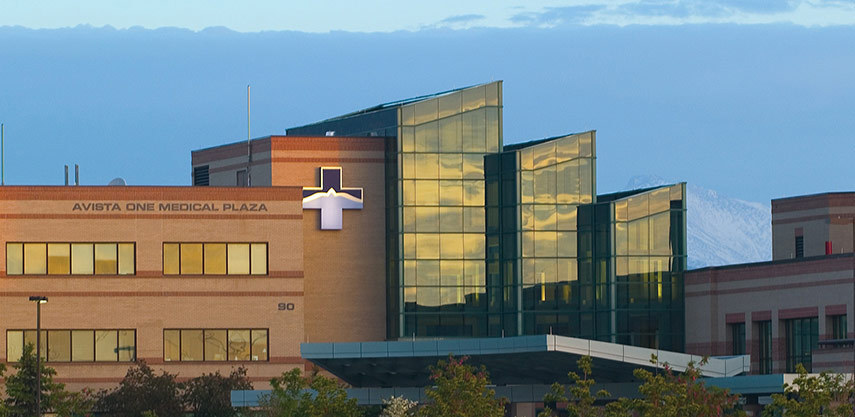Medical field faces changes
Global pandemic will alter health practices as we know them
The world is in slight shambles as we try to battle uncertainty across the globe. No one is sure when it will come to an end. However, when it does, there will be some major differences, especially in the medical field.
While you and your family members quarantine at home, essential workers put their lives at risk and expose themselves to COVID-19 to save lives.
Jess Norof, a Patient Service Representative with the Radiology department at Westchester Medical County in New York, has been putting her life at risk as an essential worker. She is currently working with outpatients who need urgent imaging CAT and PET/CT scans.
Once the virus comes to a halt, she predicts many changes in the overall function of hospitals all over the world. “I know there will be changes in health care policies, and I believe there will be a big change in how we store and stock certain equipment and inventory,” Norof said.
Before COVID-19 struck, Norof said there was a big push to reduce the total number of hospitals, and hospital beds within those hospitals. However, now that we are in the midst of a global pandemic, there is a cry for more beds, not fewer.
Not only will simple policies changes, the way people respond to crisis will change. This will be especially challenging for people with clinical anxiety or depression. Jordan Matus, a psychiatrist at University of Colorado-Boulder, has been using telemedicine to give patients the care they need regardless of the ongoing circumstances. “My sense is that people are going to have a hard time even when we’re told to go back to normal,” he said. “I can’t think of anything more anxiety-provoking than the sense that the person next to you may be carrying a dangerous infection.”
Throughout the next 18 months or so, there will be many major lifestyle changes such as social distancing or constant medical testing before there is an FDA-approved vaccination. “Depression may be a common response when people feel like these major changes aren’t just short term,” Matus said.
In 2014, the Texas Medical Society voted to make telemedicine illegal because of how difficult it was to make a business out of it. While this was overturned as a result of the highly contagious COVID-19, there will be much more reliance on telemedicine. Matus says this may prove to be a good thing for the future of medicine because patients can still receive care if they’re not able to make it to the office, no matter what the circumstances are.
Many are curious about the future of hygiene. Common greetings and gestures such as high-fiving, handshakes, and hugs may be far from the norm. Instead, new norms will be people far more aware of their handwashing habits, making sure their mask is secured, and having a bottle of hand sanitizer on them at all times. However, some worry that our new obsession with cleanliness and sanitization will result in auto-immune conditions later in life, or more exposure to allergies.
Zelda Norof, my grandmother living in New York City, recently underwent open-heart surgery She is now recovering, is “attending” doctor’s appointments over the phone. “As I am considered in the ‘high risk’ category, I have not left my apartment, for any reason, in the last two months,” she said. “All my doctor appointments were changed to FaceTime visits, or phone calls, or postponed until June and July.”
She isn’t worried about her care once stay at home orders are lifted. “I feel confident that when the doctors’ offices open again, they will have been inspected for cleanliness,” Norof said. “I will not feel worried at all.”































